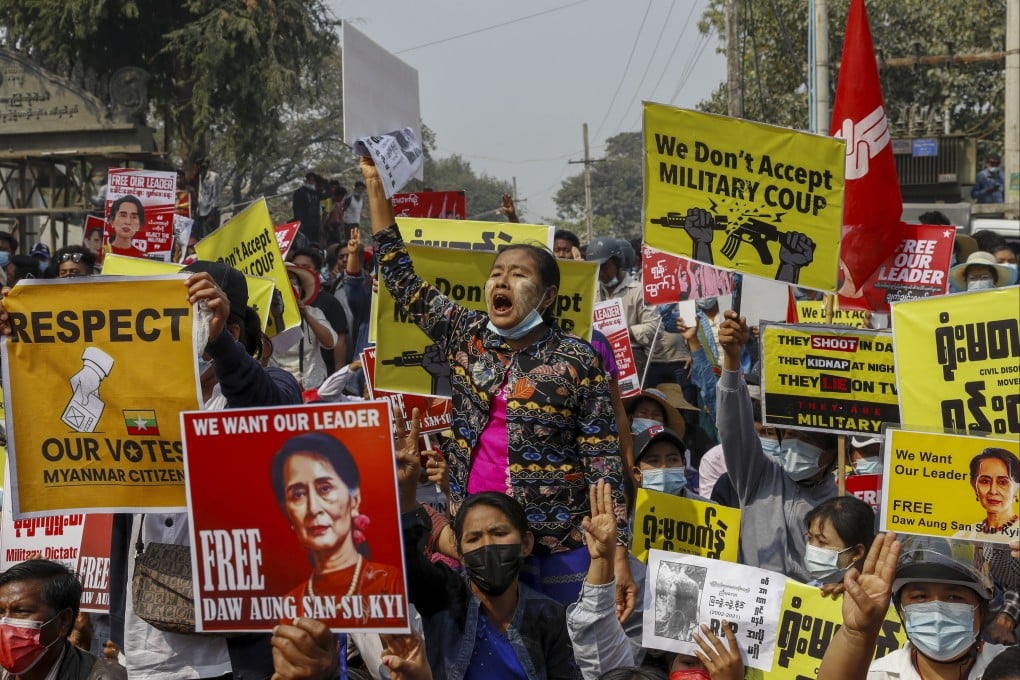Chinese companies urged to cease Myanmar mines investments amid escalating violence
- As the junta’s bloody crackdown intensifies, experts and advocates say that firms should withdraw their investments
- A recent study showed Myanmar’s military earned an estimated US$725 million from Chinese-run mines

The push from experts and advocates came after a recent report by Publish What You Pay Australia showed the junta raked in an estimated US$725 million in revenues from Chinese-run mines during the 2020-2021 financial year.
“The mining sector is a very lucrative one for the junta in terms of revenues and royalty payments,” said Clancy Moore, national director of Publish What You Pay Australia, which is part of an international coalition advocating for transparency and accountability in the extractive industries.
“Given the junta’s lack of money and lack of foreign currency, we think that there is a strong chance that the revenues from mining could be used for weapons and hardware, which is being used against the people of Myanmar.”
Moore added that “the role of the Chinese regime is significant” because “they are the biggest player in the mining sector”.
The three largest mines in the Southeast Asian nation are run by Chinese state-owned enterprises.